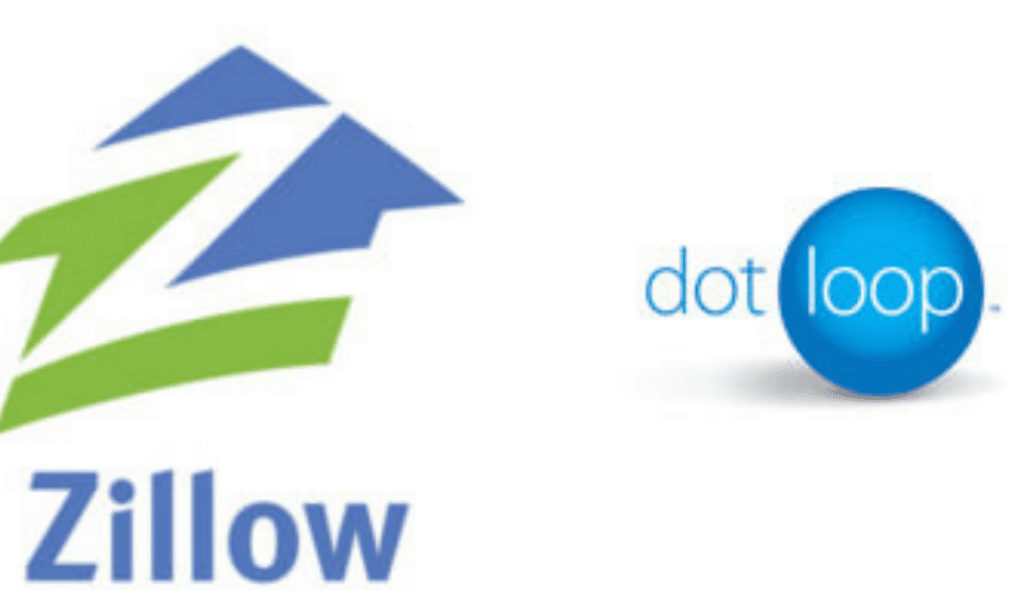The recent NAR settlements were necessary for protecting consumers and promoting transparency.
Consumer protection and transparency are key aspects for any thriving market or system, and the realm of real estate is no exception. Here, these principles take on even greater significance. The purchase or sale of a home is oftentimes the largest financial transaction an individual will ever make. This further highlights the necessity for the ease of consumer access to information.
NAR Lawsuits
The National Association of Realtors lawsuits are at the forefront of consumer protection in the real estate market. They also address efforts towards transparency within the industry. Another objective of the settlements is to mitigate anti-competitive behavior and make it easier for consumers to access information that is crucial when dealing with real estate transactions.
In the middle of all the noise about the NAR settlements, there is a commitment to empowering consumers with the knowledge they need to make important decisions. Arguably the biggest aspect of these settlements is the requirement for real estate agents to disclose their commissions to the client upfront. Transparency will ensure that consumers have more of an understanding of the finances regarding their transactions.

In turn, this enables them to negotiate more effectively, giving them the piece of mind that the realtor is acting in the client’s best interests. By opening up previously disclosed information, the settlements level the playing field, promoting fairness and accountability in real estate dealings.
In addition to clarity regarding realtor commissions, the NAR settlements also upon up access to Multiple Listing Service (MLS) listings. MLS listings serve as a valuable piece of information for both buyers and sellers because they provide in depth details about available properties. However, in the past access to MLS data was restricted and has historically limited consumer choice and made it hard for competition to exist in the real estate market.
The removal of this substantial barrier and the promotion of expanded access to MLS listings has allowed the settlements to give consumers more clarity, which allows them to make more informed decisions regarding their real estate investments.
Big Changes in Real Estate
While the NAR settlements represent progress towards supporting consumer protection and transparency, there are also potential challenges and concerns involved that demand consideration.
These new changes may pose challenges in regards to the logistical and operational aspects of real estate professionals and brokerage firms. Compliance costs and financial burdens caused by the settlements could negatively impact smaller entities in the industry. This could lead to potential market disruptions.
Consumer confusion is also another looming threat associated with the NAR settlements. The perplexities of the real estate market along with the subtleties of the settlements may cause uncertainty and disarray amongst consumers. Laying out the details of their rights within real estate transactions may prove to be challenging, particularly for buyers that lack any sort of knowledge or experience in the industry.
Therefore, educating consumers about what the settlements mean for them and what they are entitled to as homebuyers or sellers proves to be one of if not the most important factor in terms of contributing towards transparency in real estate.
Transparency
Despite these challenges, the NAR settlements hold the promise of positive change in the real estate domain. By promoting transparency, opening access to MLS listings, and cracking down on anti-competitive practices, these settlements could lead towards a more equitable and consumer-focused marketplace. However, navigating the hurdles associated with the settlements will have to be a widespread effort.
Adaptability, integrity, and a commitment to upholding fairness within the real estate sector will be crucial in order for the settlements to have a favorable effect.

While we touched on the complexities and implications of the NAR settlements, as we investigate further it becomes evident that the effects on the real estate landscape are extensive. From promoting transparency and consumer protection to addressing challenges and concerns, the settlements are a significant milestone in the ongoing development of the real estate industry. Embracing the opportunities presented by the settlements and navigating the challenges with willful collaboration will prove vital in creating a more just and consumer-centric real estate market for the future.
Uncertain Future
Moreover, the NAR settlements are aimed to limit the practice of steering and other anti-competitive tactics that may hurt consumers. Realtors are now more apt to make decisions that align with the interests of their client. This makes sure that consumers have the freedom to go through all of the options available to them, not just what is available, and will lead to them making decisions that support what they want. This action against steering not only supports consumer rights, but also promotes fairness and healthy competition within real estate.
In conclusion, by arming consumers with the knowledge to navigate transactions and protecting their rights against what were relatively common deceptive practices, the settlements are a crucial step towards retaining the integrity of the system and creating clarity within the real estate system. Though challenges may arise in putting the mandated changes into practice, the opportunities for positive transformation within real estate are definitely there. Sustained collaboration and dedication from both buyers and sellers are necessary to create a future where consumer protection and transparency serve as cornerstones of every real estate transaction.



